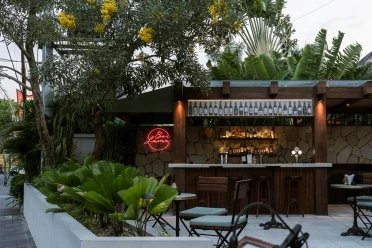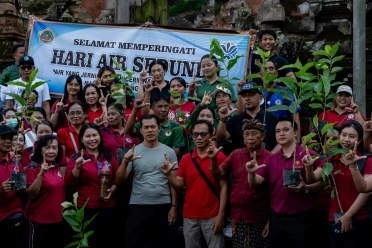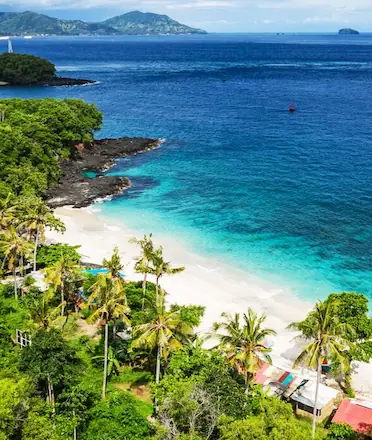Bali has long been the crown jewel of Indonesian tourism, but its popularity has come at a cost. Mass tourism, unchecked development, and pressure on natural resources have left the island grappling with sustainability challenges. Now, a new vision for the future is emerging: regenerative tourism.
This shift marks a profound evolution in how Bali positions itself, moving beyond the idea of “sustainable” travel into one that actively restores and uplifts the environment and local communities.
What 'Regenerative Tourism' Means
Regenerative tourism goes a step further than simply minimizing harm. It is an approach designed to leave destinations better than they were found. This model focuses on restoring ecosystems, preserving cultural heritage, and ensuring that communities directly benefit from tourism activity. Rather than being passive visitors, travelers are invited to participate in experiences that support environmental renewal and cultural continuity.
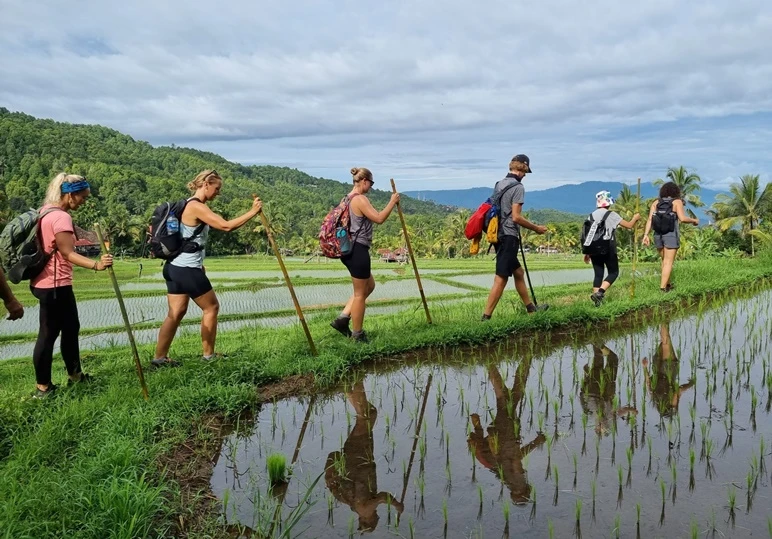
In Bali, this means tourists are no longer just spectators to the island’s beauty but partners in safeguarding it. Activities may include replanting mangroves, learning about traditional farming, supporting village-led enterprises, or joining conservation programs. The idea is not only to slow the negative impact of tourism but to actively reverse it, turning every journey into a force for good.
Why Bali is the Starting Point
Indonesia has a wealth of destinations, but Bali is the natural starting point for this national initiative. The island attracts the largest share of international visitors, giving it unmatched visibility and influence. Its global reputation as a cultural and spiritual hub makes it an ideal testing ground for a tourism model that emphasizes meaningful connection rather than consumption.
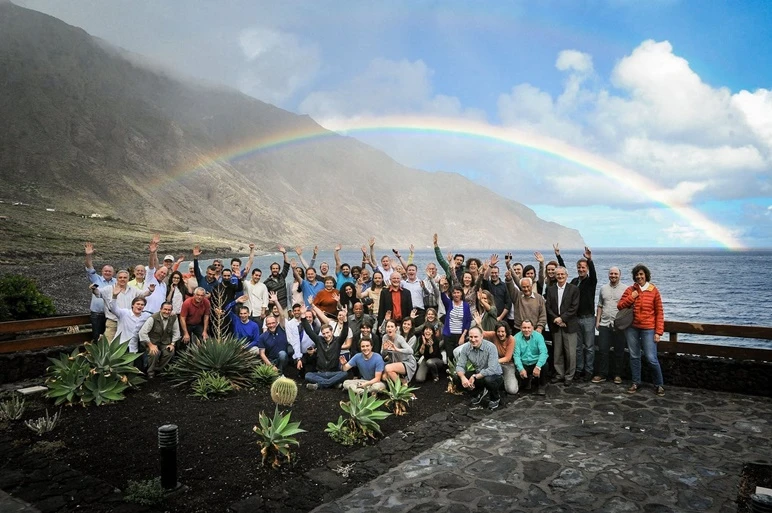
Bali’s tourism industry is also well organized, with an extensive network of operators and communities that can be mobilized for regenerative practices. Local initiatives have already shown proof of concept. Programs in farming villages, for example, invite visitors to join multi-day treks that cross rice fields, forests, and coastlines, offering both immersion and education. These projects demonstrate that tourism can simultaneously support livelihoods and restore landscapes.
The Potential Payoff
For travelers, regenerative tourism offers something increasingly in demand: authentic, transformative experiences. Instead of crowding into already congested hotspots, visitors can join activities that reconnect them with nature and provide a deeper sense of purpose. This aligns with a growing global trend where conscious travelers prefer destinations that reflect their values of responsibility and impact.
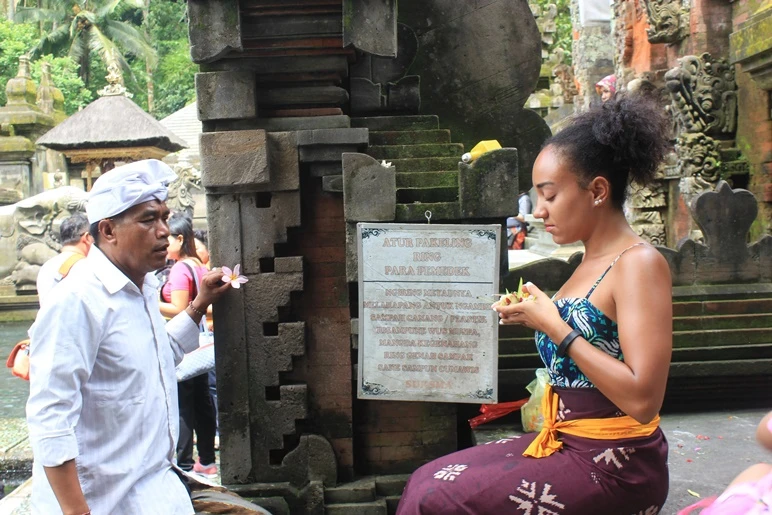
For Bali, the payoff extends beyond better marketing. If implemented effectively, regenerative tourism could relieve pressure on over-visited areas, spread economic benefits to lesser-known regions, and build long-term resilience for local communities. By setting this precedent, Bali positions itself as a leader in Southeast Asia, proving that world-class tourism can also mean world-class stewardship.
The Bigger Picture for Indonesia
Bali may be the launchpad, but the ambition is national. Indonesia is investing in promoting regenerative tourism across its archipelago, from Sumatra to Sulawesi. Campaigns are already underway to attract global markets and show that visiting Indonesia can be more than leisure; it can be a contribution. Direct flight expansions, international sales missions, and collaborations with travel agents all point to a coordinated effort to push this narrative worldwide.

Still, the spotlight remains firmly on Bali. The island’s success will determine how effectively this vision can be scaled. If Bali thrives as a regenerative tourism pioneer, it could inspire a broader transformation across Indonesia’s tourism industry. Conversely, if it falters, it risks being perceived as another buzzword strategy without meaningful execution.
The momentum for regenerative tourism is building, but the transition will not be without challenges. Balancing mass tourism demand with the need for renewal requires careful planning and long-term commitment. Travelers must also be willing to shift their expectations from passive entertainment to active engagement.




 Billy Bagus
Billy Bagus
 Aug 28, 2025
Aug 28, 2025




